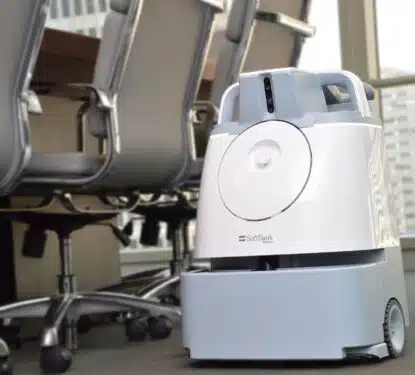The largest portion of a home’s energy consumption is attributed to its Heating, Ventilation and Cooling system (HVAC). Since the early 1900s, programmable thermostats have been studied as a potential tool to achieve energy savings in the home. However, many studies have shown that conventional programmable thermostats are not used to their full potential due to several factors including; difficulty using interfaces, lack of understanding of how HVAC systems function and a trend of fading user interaction with the thermostats over time. To overcome this, Smart thermostats were created that could detect the occupancy and usage trends of a household and auto-generate schedules; thus eliminating the need for users to program their thermostats. High profile start-ups such as Ecobee and Alarm.com, as well as Google acquisition Nest, have developed smart thermostat systems, which not only optimise HVAC energy usage but also serve as focal points of smart home platforms. However, researchers from the Universities of […]
Most Popular Articles

Neeve’s Edge-Cloud Platform: Key Metrics & Growth 2025
This Research Note examines Neeve, the US startup offering an edge-cloud platform designed to enhance smart building operations by integrating operational technology (OT) systems into secure, connected environments. We highlight its founding as IoTium, before exploring its current offering, deployments, funding and partners, concluding with our view of the business. Neeve Profile Founded in 2015 […]

icetana Secures $3.6M SoftBank Partnership: 2025 Financial Analysis and Growth Strategy
This Research Note examines the Australian listed company, icetana AI, based on its latest financial results year ending 30 June 2025 and its deployments, strategic investments and regional growth opportunities over the past three years. icetana AI Profile Founded in 2009, icetana AI is a small software as a service (SaaS) company specializing in AI-assisted […]

Video Surveillance Market 2025: Ongoing Shift towards Software Drives Growth
The video surveillance industry is undergoing its most significant transformation since the shift from analog to digital. What was once primarily a reactive security tool, cameras recording footage for post-incident review, is evolving into a proactive intelligence infrastructure. The traditional model of video surveillance centered on cameras, on-premise storage and software. That era is coming […]
